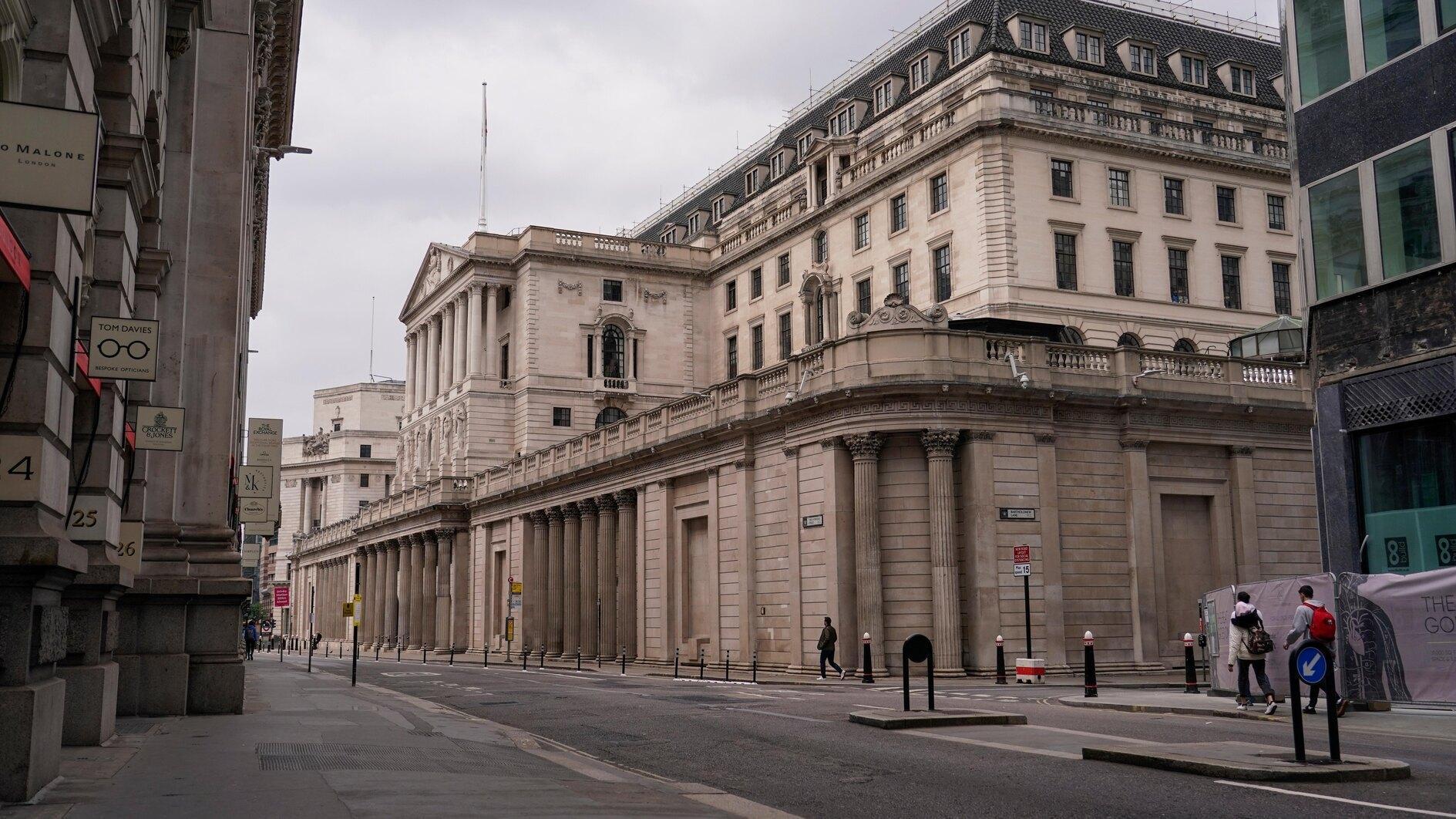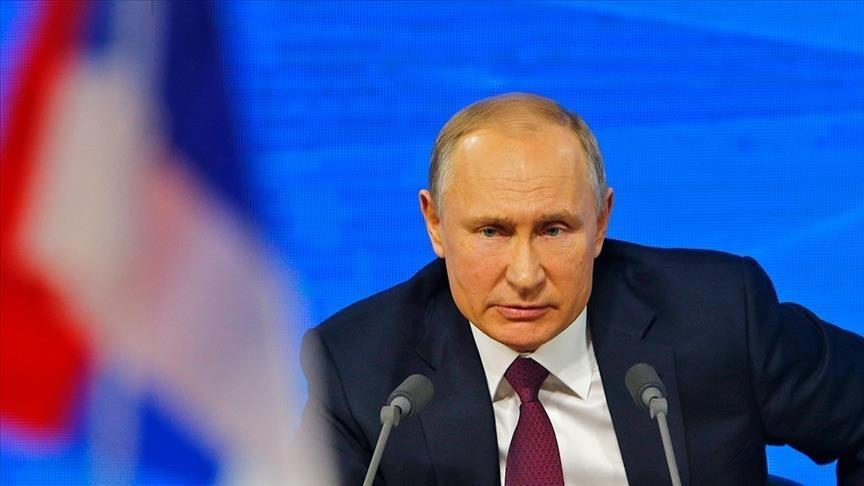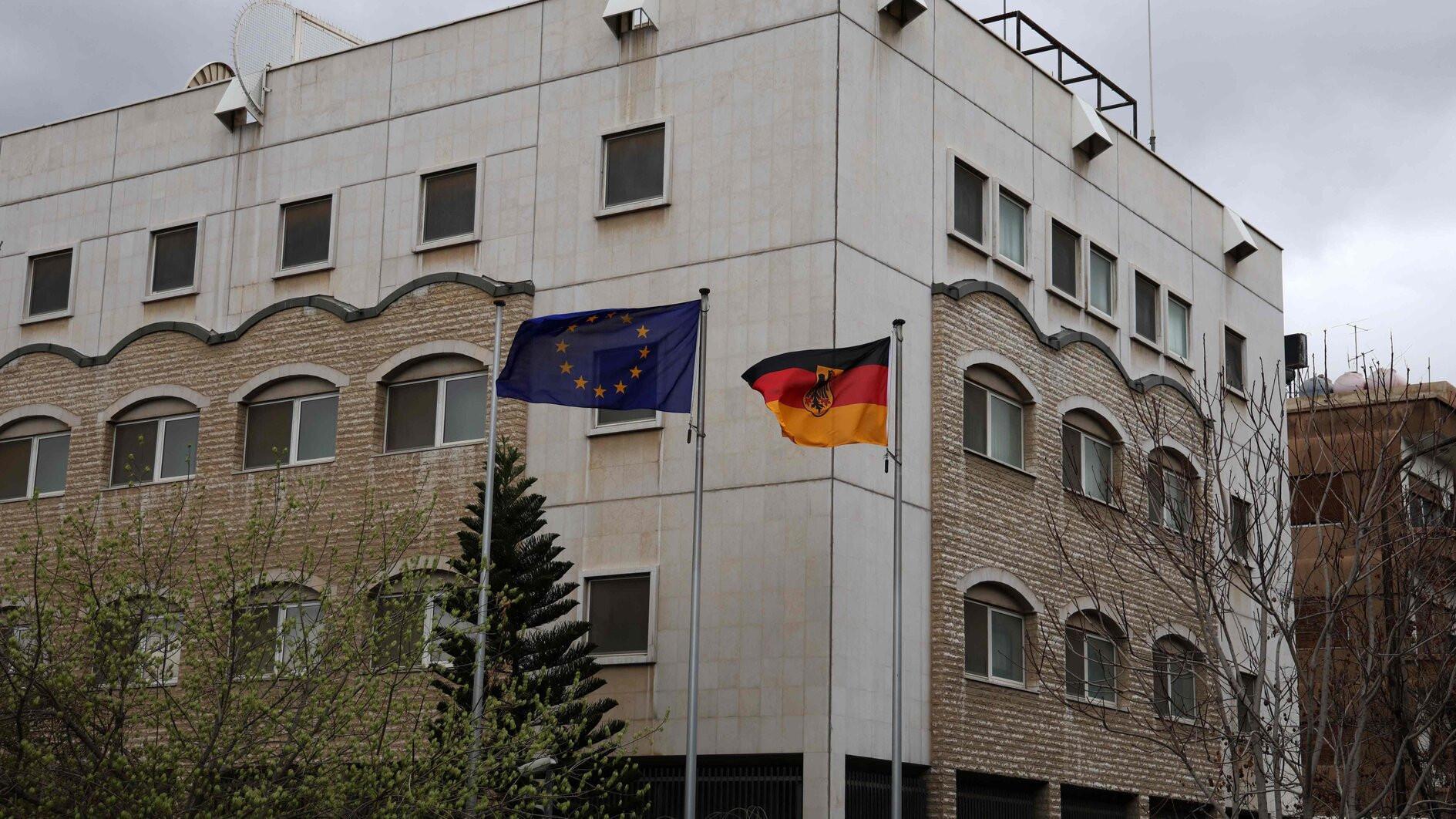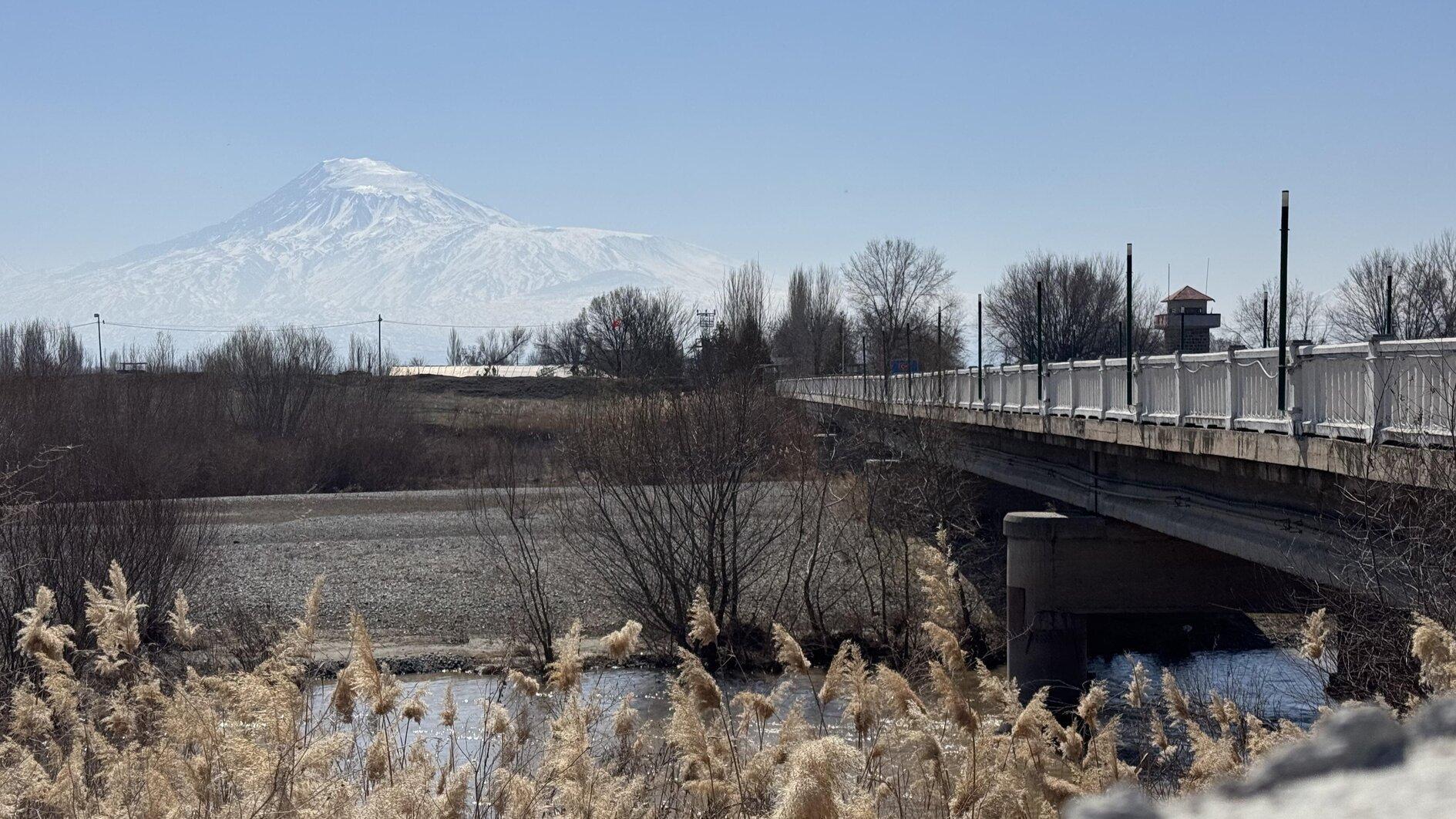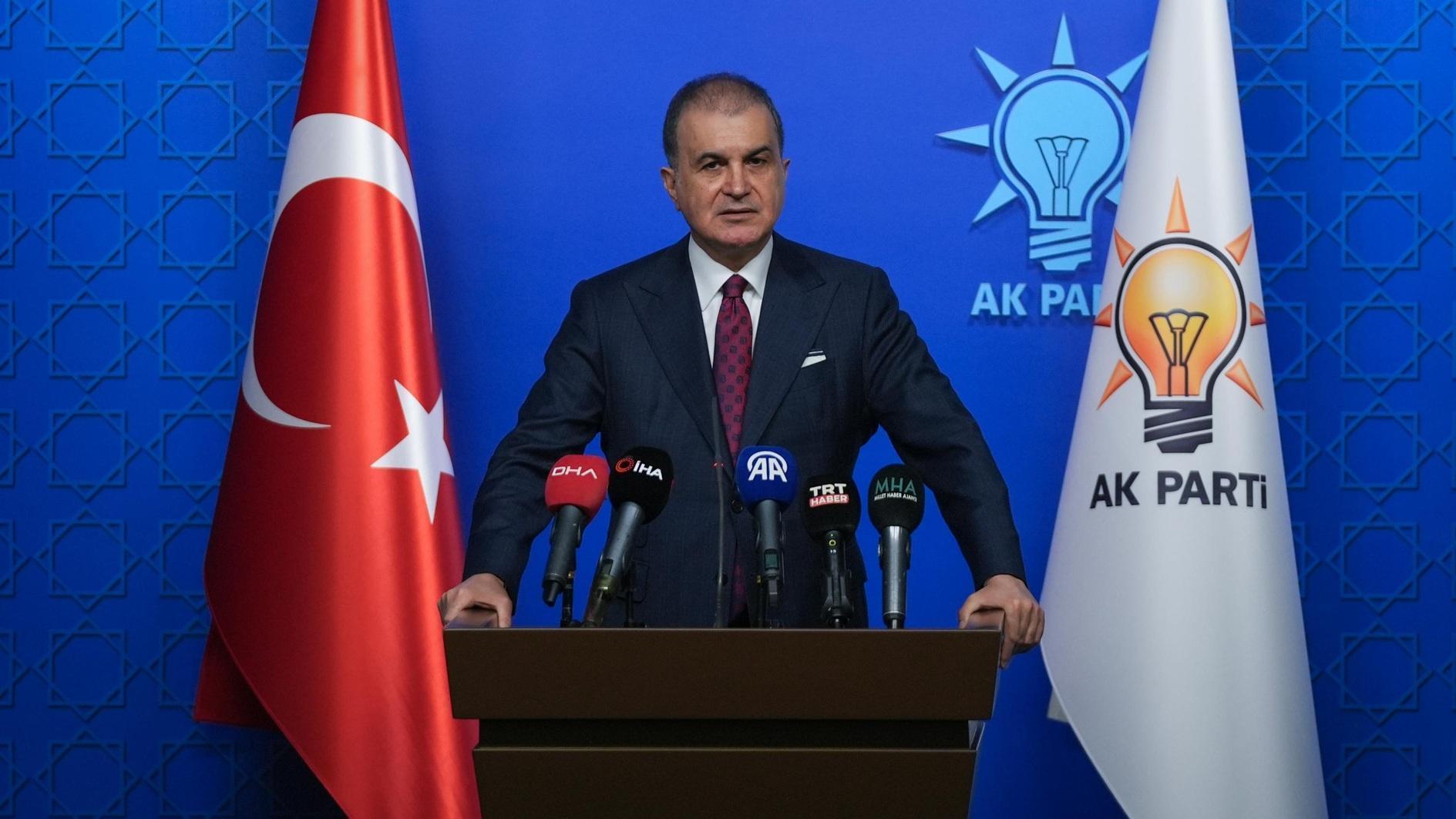Putin: Western sanctions partly responsible for crisis
MOSCOW
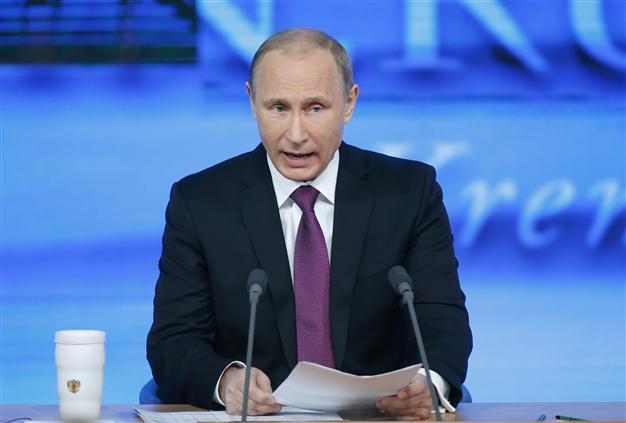
Russian President Vladimir Putin speaks during his annual end-of-year news conference in Moscow, December 18, 2014. REUTERS Photo
Russian President Vladimir Putin says that Western sanctions have been an important factor in the current economic crisis, but not the only one.Putin said Dec. 18 the influence of Western sanctions acounts roughly for 25 to 30 percent of factors behind the Russian crisis. He accused the West of trying to infringe on Russia's sovereignty, adding that the Ukrainian crisis was just a pretext for Western action. He said that the reason for Western action wasn't Crimea, it was because of efforts to "defend our independence and the right for existence."
Despite his tough rhetoric, Putin held out hope for normalizing ties with the West, saying that Russia still hopes to expand its gas supplies to southern Europe using a prospective gas hub on Turkey's border with Greece.
Speaking at his annual press-conference, the Russian leader said that the economic downturn will last two years at the most and he promised to support the poorest segment of the population.
"Under the most unfavourable world conditions, such a situation can last two years," Putin said days after the Russian ruble fell to record lows, following a 60 percent dive in value since the beginning of the year.
He added that efforts by the central bank and government -- including a record hike of the key interest rate and spending billions to stabilise the ruble -- have been "absolutely reasonable and in the right direction" though they could have come quicker.
"It goes without saying that a way out of this situation is inevitable," he said, promising to "focus attention on helping people who need it most."
The Russian president had remained silent earlier this week on the issue of the ruble's crash, which took it to historic lows of 80 to the dollar and 100 to the euro, leading Russians to rush to exchange their savings and make a run on stores to dump the devaluing national currency ahead of expected price hikes.
The ruble rallied in early trading Thursday ahead of the news conference. The central bank earlier this week spent $2 billion on supporting the currency and the finance ministry promised to spend up to $7 billion more.
The marathon press conference, held in a trade centre in central Moscow, saw Putin face hundreds of journalists from all over Russia. Over 1,200 had signed up to attend, according to the Kremlin.
Economy minister Alexei Ulyukayev told Vedomosti daily in an interview published Thursday that Russia's economy was going through a "crisis" and conceded that there was no coherent plan on how to tackle it if oil prices do not rebound.
"I guess we found ourselves in a perfect storm, and I guess it's not an accident. Because in some way we prepared this storm ourselves," he said in an interview conducted Monday, before the record ruble low on Tuesday.
"We are issuing ad hoc reactions, the situation is so unpredictable that we cannot be ready for future changes," he admitted.
Several observers have said that the record slump of the ruble is due not only to the global decrease of oil prices on which Russia depends, and Russia's financial isolation due to Western sanctions over Ukraine, but also to the perceived lack of strategy by the leadership during the crisis.
Putin's ratings so far remain sky-high, hitting 80 percent for months after the controversial annexation of the Crimea peninsula from Ukraine in March. However, it is unclear how much support for him -- built on years of growing oil revenues and relative prosperity, as well the total dominance of the well-oiled state media machine -- will ebb once people see their purchasing power erode.
The state statistics agency said Wednesday that real wages have declined in the first 11 months of the year for the first time in years.
Both the economy ministry and the central bank have warned of recession next year, with the latter saying the contraction could be up to 4.8 percent at current oil prices, with a recovery not expected until 2017.
Western sanctions over Moscow's interference in eastern Ukraine, where the conflict between pro-Russian separatists and Kiev's forces has killed over 4,700, are meanwhile expected to only get harsher. The White House this week said that President Barack Obama plans to sign a bill imposing a fresh round of measures.
Amid mounting pressure, Russian officials have begun to call on the population to accept the economic woes as the cost for annexation of Crimea and restoration of Russia as a great geopolitical power similar to the Soviet Union.
"What is happening now is the price that one must pay for political victories and Russia's resurgence," the governor of Krasnodar, Alexander Tkachev, said Wednesday.
Ahead of Putin's press conference, state television flashed images of Russia's joyous Olympic champions, spaceships and Arctic icebreakers, contrasting these achievements to footage of havoc in the Middle East, Ukraine, and other parts of the world.


